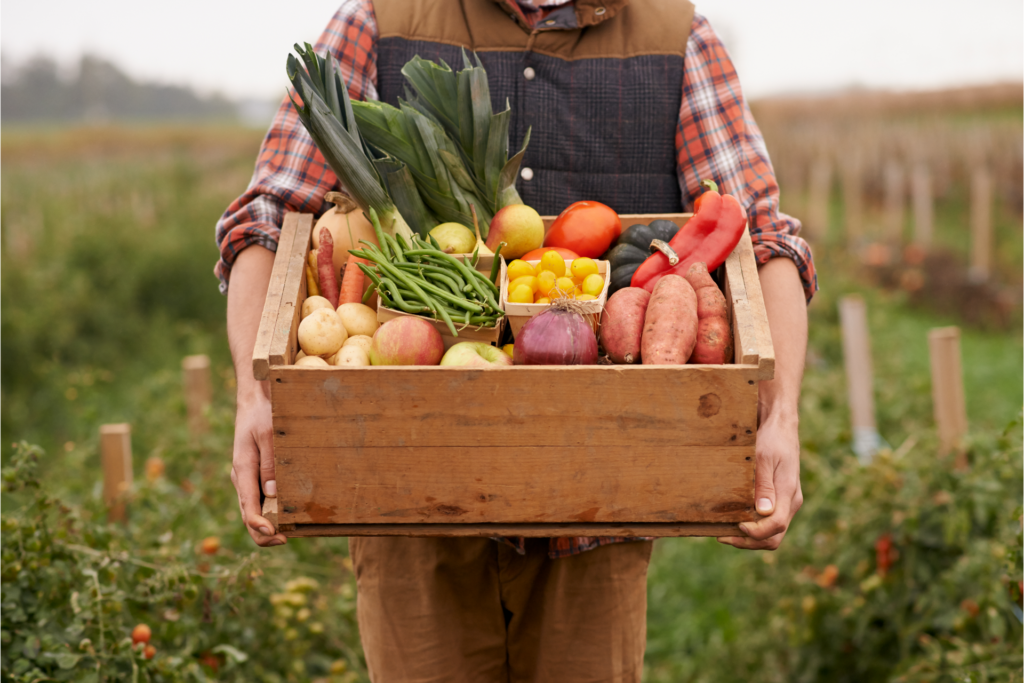
Healthy eating may seem a lot harder to achieve thanks to the Standard American Diet, but are fruits and vegetables less nutritious today than they were a few decades ago?
For generations, our parents have been telling us to eat plenty of fruit and nagging us about finishing our serving of vegetables for dinner. Unfortunately, the side serving of peas that we grimaced at as kids may have had more nutrients than the vegetables we feed our children today.
While the days of eating aspic and tuna noodle casserole are likely behind us, our diets aren’t the only things that have changed over the years. Thanks to the proliferation of unhealthy options like processed foods and fast food, the nutritional value of the Standard American Diet (SAD) is a lot lower than it used to be. But are the fresh foods we rely on for vital nutrients getting less healthy too?
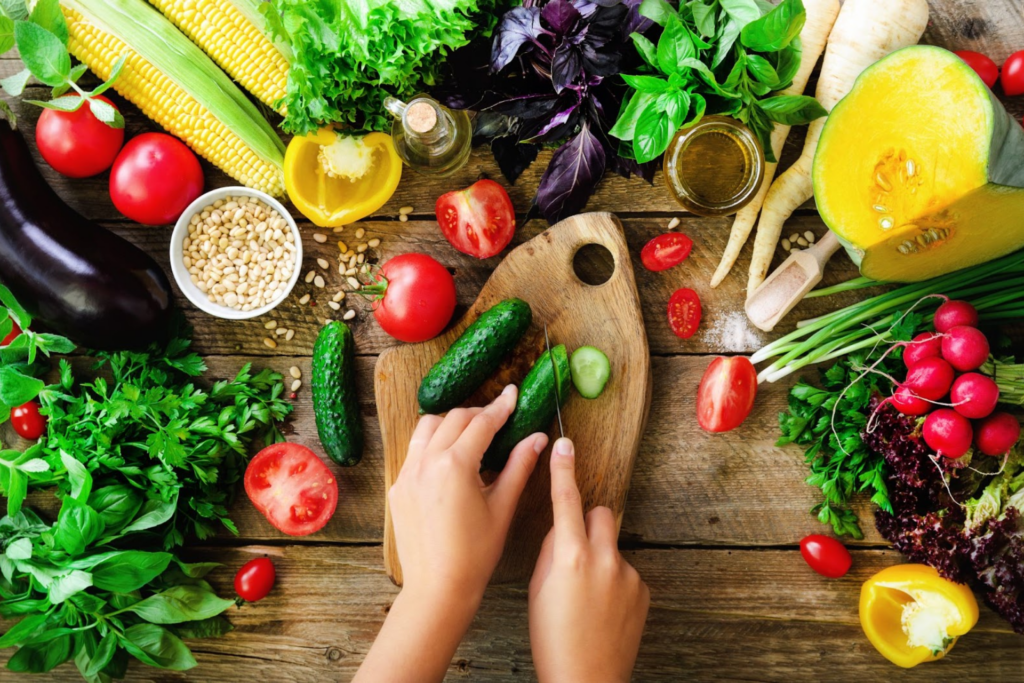
Unfortunately, modern produce has been found to contain less nutrition than the fruits and vegetables our ancestors consumed. Studies have found that fresh fruit, grains, and vegetables harvested today have fewer nutrients than those grown just decades ago. Today’s crops are lower in nutrients like protein, vitamin C, iron, and calcium than the fresh produce that previous generations ate. [1]
In fact, their nutrient density has been gradually declining over the last 70 years!
However, just because their nutrient density has gone down doesn’t mean that these foods are no longer healthy. Quite the contrary, eating a balanced, whole food-rich diet is more important than ever. When you rely on the essential nutrients of these fresh foods to stay healthy, it can be harder to get all the vitamins and minerals you need if their nutrient content isn’t up to snuff.
But why is this the case? Unfortunately, it’s a result of modern farming practices.
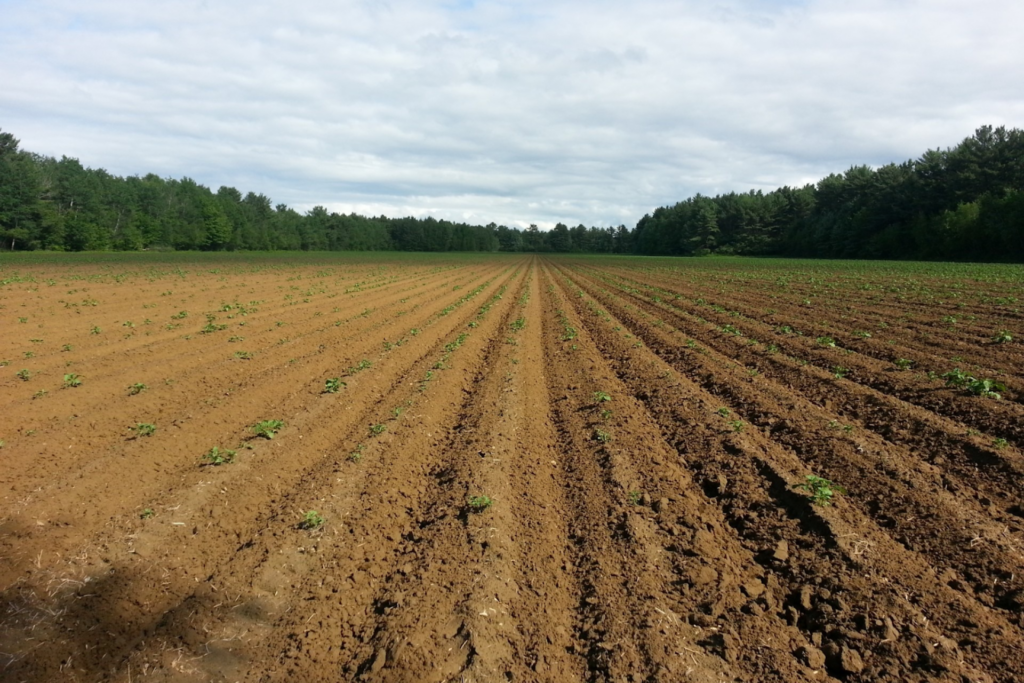
While modern agriculture allows farmers to produce a visually appealing, higher yield of each crop, it comes at the expense of their fields’ soil health. This isn’t limited to the use of pesticides either— organic farming also faces these problems. Vital steps of food production also harm soil health. Even seemingly harmless steps like irrigating fields and harvesting impact how crops absorb vital nutrients from the soil.
From 1940 to 1991, there were significant drops in vital minerals like calcium, magnesium, iron, and phosphorus in fruits and vegetables harvested in the UK. This can have a greater impact if your fruit and vegetable intake is already inadequate or if you’re on a plant-based diet because the reduced nutrient density can make it harder to get the vital nutrients you need to be healthy.
For example, 90 percent of women and 70 percent of men don’t get their daily recommended amount of calcium. This is even with the glut of calcium-fortified foods on the market and nutritious foods at the supermarket!
Rising carbon dioxide levels in the air may also be a culprit of this drop in nutrients. Higher carbon dioxide levels in the air may be reducing the nutrient concentration in modern fruit, vegetable, and grain crops. More research is needed, but earlier experiments where carbon dioxide levels in the air have been artificially increased suggest that this can impact crops’ nutrient concentrations. [2]
Soil depletion can also occur if fertile soil is overused and not maintained over time. So, farms may essentially take more out of the healthy soil than they put back in. If this healthy soil is fully depleted of its natural nutrients from excessive cultivation or inadequate maintenance, the soil becomes infertile, and the harvests become smaller. This reduces the amount of viable land to farm in, which is bad news in a world where so many of its people are hungry or malnourished.
While this information can seem disheartening, don’t let it keep you from enjoying a healthy, whole-food diet. Even if they’re not as nutrient-rich as they were years ago, eating plenty of fruits, veggies, and grains is vital so you can reap their long-term health benefits.
Even if fruits and veggies are not as nutritious as they were some decades ago, your body’s constant demand for essential vitamins and minerals is still a necessity for good health.
So yes, you still need to eat your fruits and veggies. But how much do you need to eat each day?
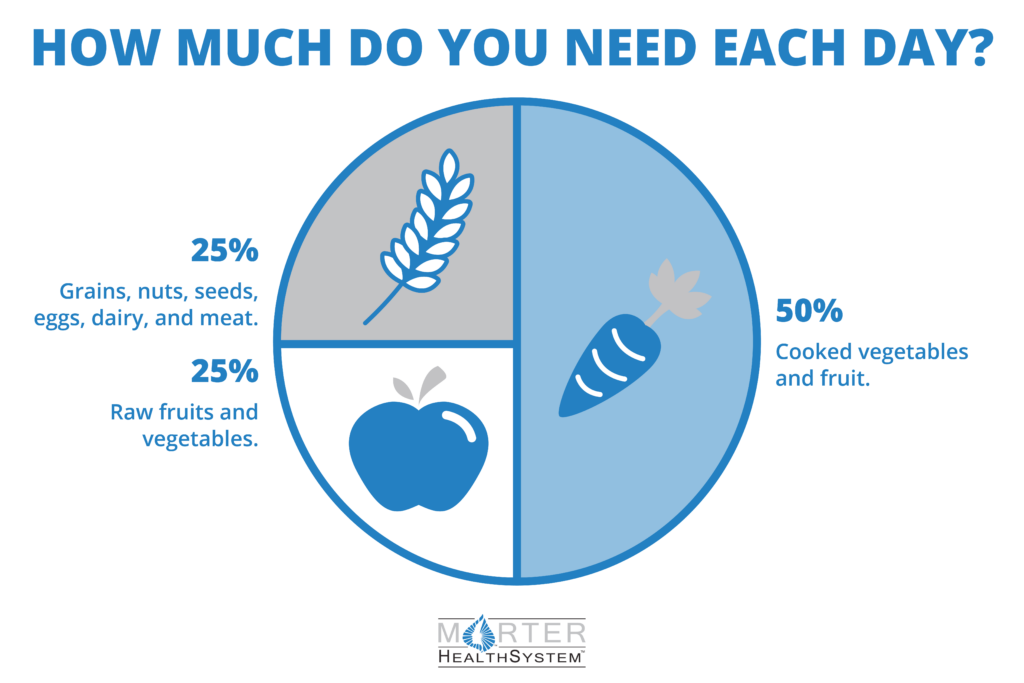
You can maintain life, health, and vitality by consuming three times as much alkaline-forming foods as acid-forming foods. This means for maximum health, what you eat each day should be 75 percent fruits and vegetables, and 25 percent other.
Let’s break this down a little further. Your daily food intake should consist of:
While sticking to a healthy whole-food diet is vital for better health, it’s not always enough to get all the nutrients you need each day. Only 10 percent of adults get their recommended value of fruit, and only about 12 percent of adults get all the vegetables they need in their diets.
Even if you eat the daily recommended servings of fruits, veggies, and grains, you still aren’t getting all the nutrients your body needs to stay healthy and strong. This is especially problematic for vegetarians and vegans, who rely entirely on the vitamins and minerals from plant foods to stay healthy. If today’s crops are not as nutritious as they were decades ago, then it’s even harder for vegetarians and vegans to get the daily nutrition they need.
So how can you ensure you get all those vital nutrients daily? You could eat an immense amount of fruits and vegetables each day, but that’s not always a realistic option.
Instead, consider using a supplement to fill in the gaps that modern farming left in your diet. For that, we recommend the Morter HealthSystem’s Trace Minerals supplement.
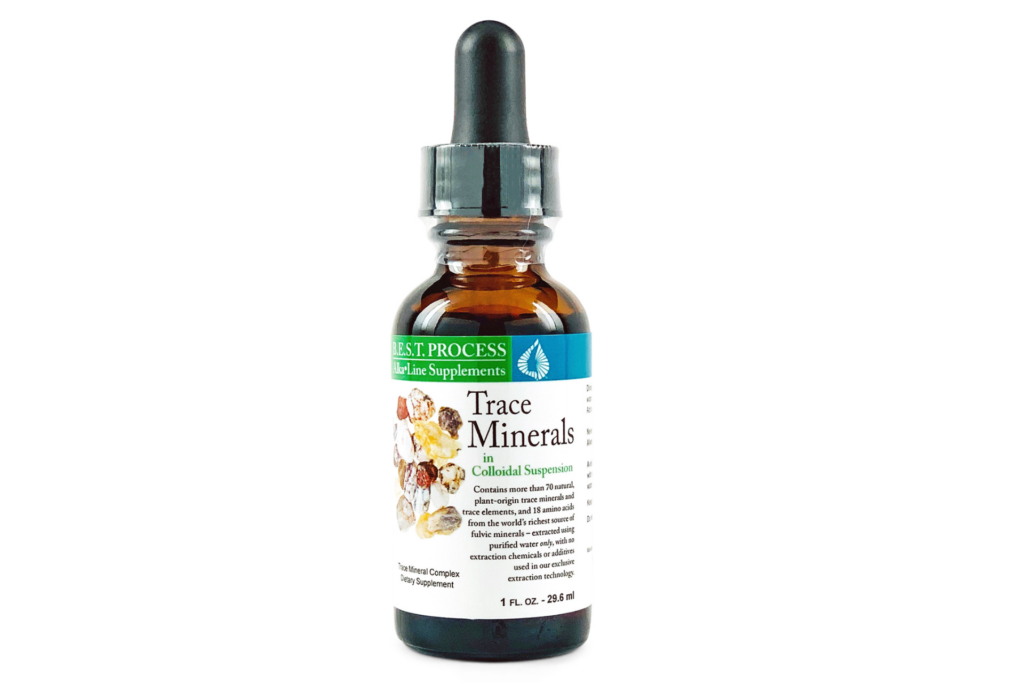
Our unique formula contains more than 70 trace elements and fulvic minerals, responsibly sourced from organic sources. You’ll also get 18 essential amino acids with every drop, supporting your body and ensuring that you get all the nutrients you need each day and nothing that you don’t.
Our Trace Minerals supplement is 100 percent natural, free of major allergens like soy, nuts, and gluten and artificial ingredients with no nutritional value. This way, you can reap the benefits of all those healthy plant foods but without any fillers or fluff that can get in the way.
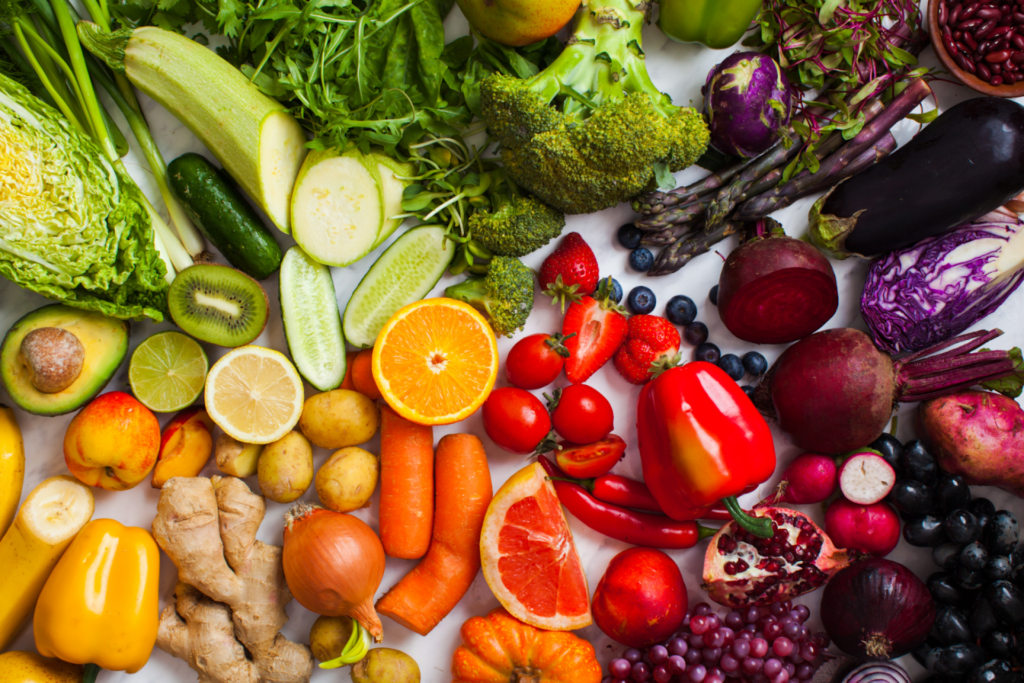
Even though modern farming practices and soil depletion have reduced the total amount of nutrients that are in fruits, vegetables, and grains, they haven’t made them “unhealthy” by any means.
The takeaway? Always strive to get the daily recommended servings of fruits, vegetables, and healthy grains. But the right supplement can help fill in any nutritional gaps left behind by modern farming. Want to learn more about how the Morter HealthSystem can help not just you, but your whole family— including your pets— achieve your B.E.S.T possible health? Let us know— we’d love to hear from you!
*These statements have not been evaluated by the Food and Drug Administration. These products are not intended to diagnose, treat, cure, or prevent any disease.
We will be closed from December 22nd – January 1st, 2024, for Christmas/New Year (We will return to the office on January 2nd. Please note that shipping services will also resume on January 2nd)